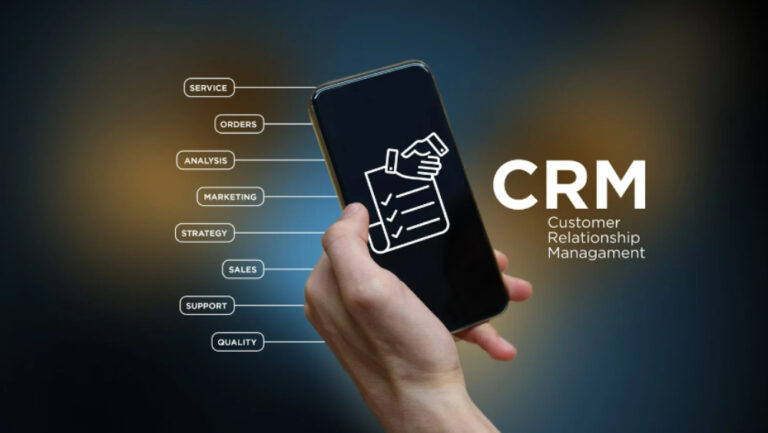Navigating the world of customer relationship management (CRM) tools can be overwhelming, especially when in search of a HIPAA-compliant CRM for your healthcare practice. To ease the process, this article will guide you through the essential criteria for choosing a healthcare CRM platform that aligns with your practice’s unique needs and adheres to HIPAA regulations.
Key Considerations in Selecting a CRM in the Healthcare Industry
The CRM in healthcare industry plays a vital role in managing crucial patient data, streamlining communication, and increasing overall efficiency. Here are some key aspects you should consider before making a decision:
1. HIPAA Compliance
An essential factor in selecting a CRM is ensuring that it is HIPAA compliant. CRM tools must follow strict data security measures to protect sensitive patient information. Look for vendors that provide end-to-end encryption, secure data storage, access controls, and staff training on HIPAA regulations to minimize the risk of potential data breaches.
2. Integration Capability
A CRM should integrate seamlessly with your practice’s existing electronic health record (EHR) and medical billing systems, reducing administrative workload while enhancing workflow efficiency. Therefore, it’s crucial to find a CRM solution that supports seamless integration for smoother operations.
3. Customization and Scalability
As your healthcare practice grows, so does the need for an adaptable CRM. Ensure that your CRM offers customizable features and scalable solutions to accommodate evolving patient care requirements and workflow improvements. This adaptability will allow your practice to maximize the benefits of CRM for the healthcare industry.
4. User-Friendly Interface
A simple and intuitive user interface is vital for healthcare professionals to navigate the CRM with ease. By selecting a CRM with an easy-to-use interface, your staff can quickly learn and adapt, ensuring minimal disruption to their workflow and ultimately improving patient care.
5. Support and Training
Implementing a CRM can be challenging if your staff lacks adequate training or technical support. Ensure that prospective CRM vendors offer comprehensive and ongoing support services, from initial setup and staff training to regular software updates and troubleshooting.
Reaping the Benefits of a CRM for the Healthcare Industry
With these criteria for choosing a healthcare CRM platform carefully considered, your healthcare practice can experience transformative benefits from implementing a CRM, including:
- Enhanced Patient Engagement: A CRM allows for better patient engagement through personalized communication, appointment reminders, and access to health information via secure portals. This improves the overall patient experience, leading to increased patient satisfaction and loyalty.
- Improved Efficiency and Productivity: By automating repetitive tasks such as appointment scheduling and follow-up communications, a CRM can free up valuable time for healthcare professionals to focus on patient care. This streamlining also reduces the risk of human error and enhances overall efficiency in your practice.
- Better Data Management: A healthcare CRM enables secure storage and easy access to patients’ medical records, appointment schedules, billing information, and more. Centralized data management improves data accuracy, facilitates analysis and reporting, and helps identify areas for process improvement.
- Cost-Effectiveness: The benefits of CRM for the healthcare industry can ultimately lead to cost savings for your practice. By increasing efficiency, reducing errors, and improving patient engagement, a CRM can help save time and resources that would otherwise be spent on manual tasks.
Concluding Thoughts
The decision to invest in a CRM is a critical one for healthcare providers. By considering the essential criteria outlined in this article, you can confidently select a HIPAA-compliant CRM that meets your practice’s needs, ensuring long-lasting benefits for your patients, staff, and overall operations. Remember, the perfect CRM will not only streamline and improve patient care but also help your practice grow and succeed in an ever-changing, competitive industry.

